Your guide to Power Purchase Agreements
PPAs explained
In uncertain times, making a large business investment may be the last thing on decision-makers minds’. Although solar PV offers significant long-term benefits and savings, it is rarely an essential operational expense. However, there is an option for businesses that wish to adopt cost-effective and environmentally friendly energy without making any upfront investment. A Power Purchase Agreement provides businesses with solar electricity at a lower-than-market rate. It is the perfect option for environmentally conscious businesses that want to reduce their running costs, but don’t have the spare budget to invest upfront.
What is a Power Purchase Agreement for solar?
Power Purchase Agreements are a funding option that allows businesses to benefit from ‘free’ solar panels. The most traditional funding option for solar panels is using their own capital (CapEx). A business pays for its own solar, which is installed on their property. The business then uses self-generated solar energy, reducing their energy spend. If any extra energy is needed, it is drawn from the grid as usual.
A Power Purchase Agreement works differently. In this case, the installer enters into a long-term lease agreement with the client, ‘renting’ the client’s roof or ground space for a nominal fee. They then install solar panels, at no expense to the client. Once completed, the client purchases their solar energy from the installer at a reduced rate.
At the end of the lease, ownership of the panels transfers to the client. This is usually around 20-25 years, but solar PV arrays have a useful lifespan of up to 40 years. That means totally free, clean energy for the remaining 15-20-year life. PPA solar is generated in exactly the same way as CapEx, and the installation process is the same too. The only difference is that the client acts as the landlord, and does not own their solar panels until the end of the agreed PPA term.
What are the benefits of a PPA?
Like all solar PV installations, a PPA solar can significantly reduce your energy spend. Your installer will always sell the solar energy at a price cheaper than the market rate for grid energy. Additionally, a PPA can safeguard your business over the long-term against energy price hikes. The cost of energy is generally always rising, but this protects your business from erratic market fluctuations.
Reducing your business’s energy spend, in turn, helps to improve your company’s bottom line. For businesses with tight profit margins, this is incredibly valuable. It also frees up budget to invest in growth elsewhere. One benefit of a PPA that does not apply to CapEx clients, is the exemption of business rates for solar. Unfortunately, some clients that buy and install solar on their premises are subject to an increase in business rates. The solar is seen as an asset, and makes the property more valuable. Since the government alleges to support businesses going green, we can only hope this anomaly is rectified soon. However, businesses can negotiate this by achieving solar through a PPA. The solar asset is owned by a separate entity, so the client is not liable for an increase in rates.
Of course, the benefits of a PPA stretch beyond finance. Customers now favour sustainable brands, and will even pay more for products that are environmentally friendly. Solar panels are a very visible indicator of your company’s commitment to our planet. Your business’s green credentials could be what distinguishes your company from a competitor. Like all investments, solar performs much better when it is carefully managed: that means thorough cleaning and servicing. While CapEx clients must arrange and finance Asset Management services for their own solar panels, this is included within PPA packages. This means clients benefit from regular panel cleaning and maintenance, reassured that their array is generating at its maximum capacity.
Anything else to know about Power Purchase Agreements
We’re always up-front with our clients: a Power Purchase Agreement will not save your business as much money in the short term as owning your own PV system. However, if your business cannot justify the upfront expense and ongoing running costs, a Power Purchase Agreement is a great option. Much better than no solar at all! There are no minimum energy usage requirements on our PPAs. This means they can be suitable for businesses of all sizes, with any energy usage profile. However, sites with large annual energy consumption will stand to save the most money and carbon. And finally, rest assured that Power Purchase Agreements are flexible and non-binding. Should your business move away from its current premises, the PPA can be transferred to the new occupants with ease.
PPA case study: Zibo Containers
We partnered with SolarAfrica and Zibo Containers to provide a large-scale array through a Power Purchase Agreement. Zibo Containers is committed to providing high-quality food packaging containers in an environmentally friendly way. With profit margins tight in the manufacturing sector, a PPA provided a sustainable option for the business to improve its bottom line. Based in Clayville and Kuilsriver, both sites combined total more than 1.6MW. It was our pleasure to work with this iconic local brand, and we’re pleased to say Zibo Containers were impressed with the results. Read the full case study here.

